In ancient Egypt, if we are to believe hieroglyphs, men and gods sealed their trust by shaking hands. Five thousand years later shaking someone by the hand is more than a polite gesture, it is a source of much useful information. By the way a person shakes hands, we can tell what they are like emotionally, and get a signal of openness, of good will.
But how do things stand now that social distancing is keeping us physically apart and breeding mistrust every time anyone steps inside our personal space? Radio Vidin’s Gennady Veliov went out into the streets of the town to ask people whether the coronavirus has changed the way that, until recently, we made our first contact with other people.
“By force of habit you might sometimes stretch out a hand,” a man from Vidin says. “I am not worried myself, but you ought to keep a distance. When the pandemic is over many things will have changed and will never be the same.”
Handshaking is more of a tradition with the older generation, a woman from the town says:
“We know that foreigners embrace and kiss much more, whereas here, in Bulgaria, that doesn’t seem to be the case anymore. In Romania, for example, where my children are studying, people do not shake hands with women, it is rude to touch a woman.”
Elbow bumping, “namaste” with hands pressed together, Asian-style bow – people definitely need some kind of physical ritual to accompany expressions like “good morning” or “hello”.

“If someone I know extends a hand, I will extend an elbow,” another man answers. “We keep our distance because Vidin is a border region, a doorway, and as such is at very high risk of infection. That is why we must take every precaution.”
What can we replace shaking hands with?
“With a rock salute – because we are rockers,” a group of teenagers answer.
But some have always avoided physical contact.
“Maybe it is enough to just say “hello”. From now on we shall probably communicate verbally more. For reasons of hygiene, I myself have always avoided shaking hands, even before the pandemic.”
But there are other people who regard handshaking as a gesture of encouragement.
“When I make someone’s acquaintance I wouldn’t mind extending my hand, it isn’t that scary,” one of them says.
“We are in such an age bracket that if we get scared, we’re gonners,” an elderly man says and adds: “We have contacts built over so many years, and now you can’t shake someone’s hand. I miss handshaking. But it’s better to go through this now and have contacts later than to come to an untimely end.”
Some say there is no need for so much panic.
“If I take precautions I wouldn’t mind shaking hands,” another man says. “There is no reason to panic. It is a tradition with us – some nations are colder but there will always be handshaking here, in the Balkans.”

“Shaking hands is a must if you want to earn the respect of the person standing opposite you,” another man comments.
Are we going to get used to saluting one another from a distance or will we learn to trust one another again when the virus has gone away? Whatever may happen, one thing is certain – we are going to be much more appreciative of the small gestures which convey invisible messages and bring us closer to one another.
Vox pop by Gennady Veliov, BNR – Vidin
Edited by Diana Tsankova
Photos: BTAThe Bulgarian team is returning home with four medals from the Youth International Olympiad on Astronomy and Astrophysics (IOAA) , held in the Romanian city of Piatra Neamț, the Ministry of Education and Science announced. The competition brought..
The Association of Bulgarian Schools in America invites children from the Bulgarian community in North America to participate in a competition dedicated to November 1 - National Awakeners' Day, the organization announced on its..
Robert Joseph Miller, Bulgaria’s Honorary Consul in Nevada, was awarded the prestigious “Golden Laurel Branch” of the Ministry of Foreign Affairs for his exceptional merits in maintaining the diplomatic relations between the US and Bulgaria. The award..
The so-called Seal of Biliteracy was created in 2011 in the US state of California with the idea that in the conditions of a globalized..
On 27 October, the first meeting of Action CA-24150 “Values in Turbulent Times: Navigating Social Change and Challenges (VISTA)” took place in Brussels...
In the summer of 2014, photographer Philippe Bazin and philosopher Christiane Vollaire traveled around Bulgaria, investigating a series..

+359 2 9336 661
